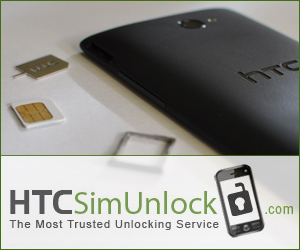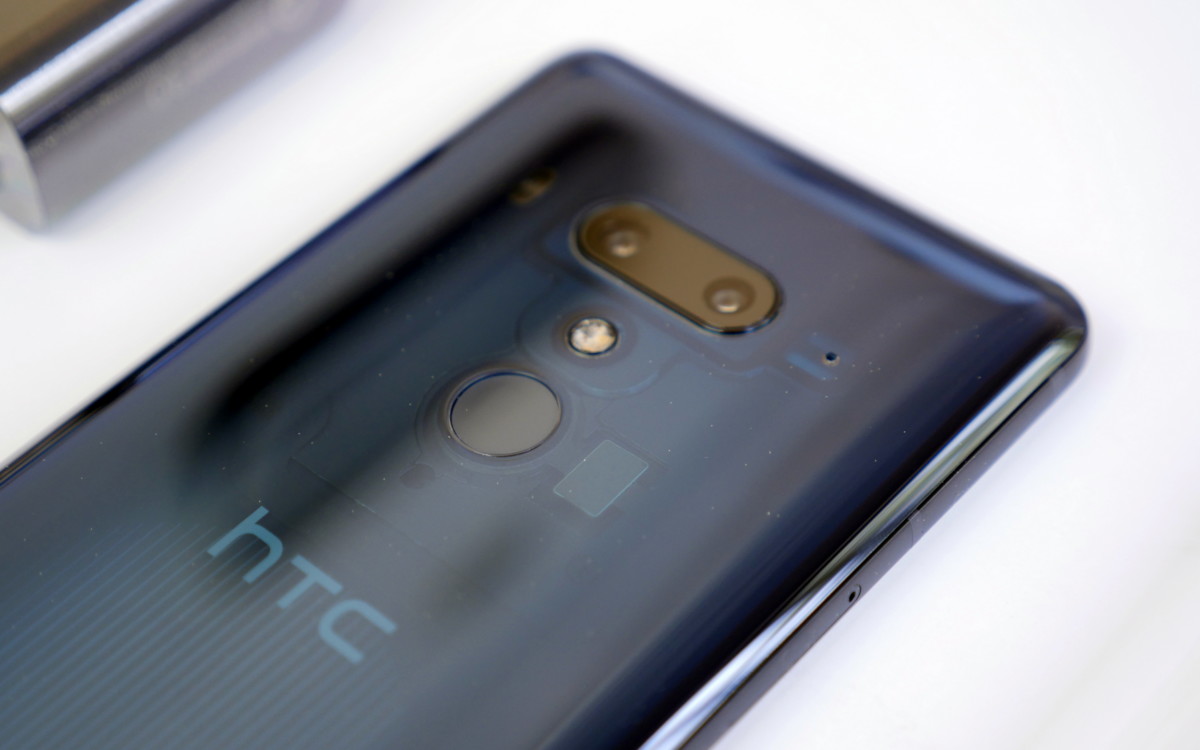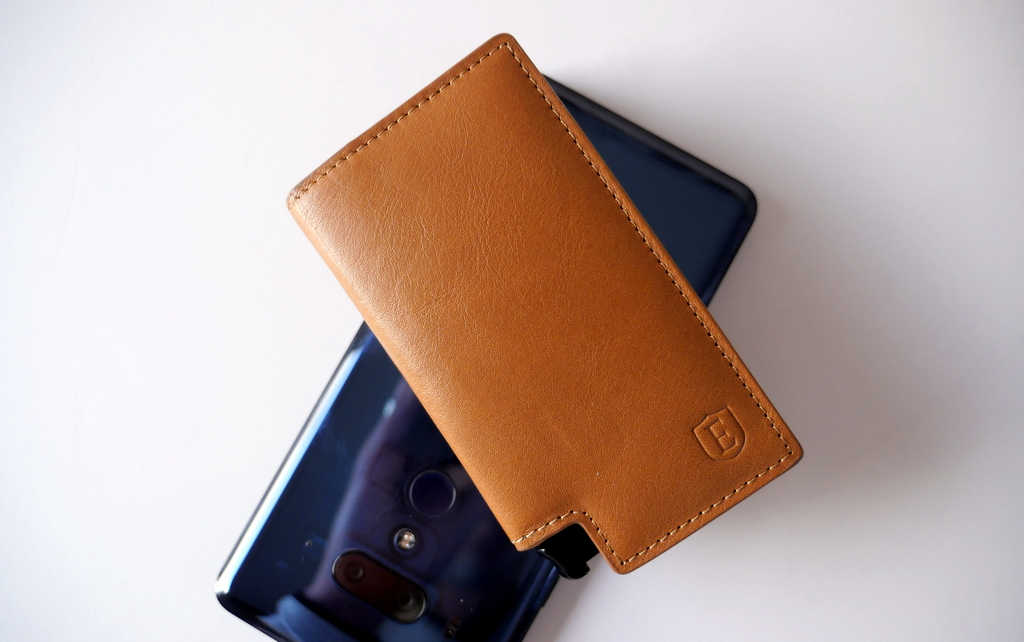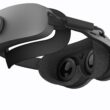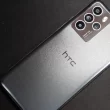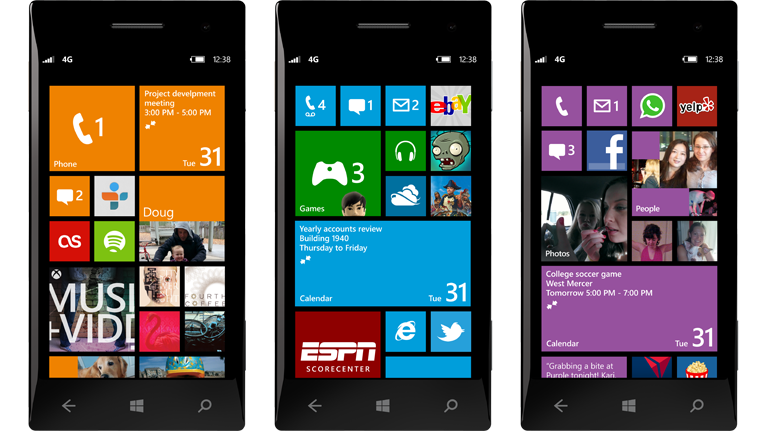The future of Windows phone has been unveiled. Today, Microsoft pulled back the curtain, giving us our first look at what is in store for Windows Phone 8. From a user’s standpoint, there are a few minor tweaks which change the way the OS looks, but the major changes to the platform are all underneath the surface.
Windows Phone 8 core changes
Windows Phone 7 and Windows phone 8 may not look dramatically different, but Microsoft has completely changed things on the inside. Microsoft has changed Windows phone to operate on the NT kernel, allowing it to use the same kernel, file system, security and hardware drivers as Microsoft’s full-blown Windows 8 OS. This fundamental change will allow applications writer for mobile phones to also operate on desktops and laptops with little or no change to the code.
[quote]They can use one code base to build applications that will run across Windows Phone and Windows 8 devices.[/quote]The change also gives developers access to native C and C++, SQLite and Direct X support which should make game porting.
[quote] This means is that it’s going to be radically simpler for games studios to port their games to Windows Phone. Developers will be able to build games for Windows and Windows Phone at the same time.[/quote]The move to the windows 8 kernel finally enables support for multi-core processors and multiple screen resolutions. Windows Phone 8 should make its debut on dual or even quad-core phones with resolutions including WVGA, WXGA, and 720p. “A developer doesn’t need to do anything to take advantage of the new screen resolutions,” says Lieberman. “We will automatically scale all of the assets of the application appropriately.”
Microsoft Wallet
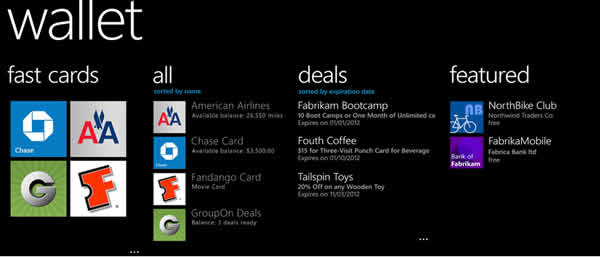
Since the mobile payment industry doesn’t seem to have a clear sense of where it is going, Microsoft thought they might as well jump into the mix to see what happens. Microsoft Wallet is a hybrid between Google Wallet and Apple’s new Passbook. The NFC enabled application stores credit card information, membership cards, frequent flyer cards – but takes things a step further by integrating deals from Groupon within the app which may alert you to extra savings while shopping.
Microsoft’s NFC functionality within Windows Phone 8 shares a lot of similaties with Android Beam, but Microsoft will also be making it compatible with Windows 8 so that users can wirelessly tap and share content between phones and computers.
VoIP and Skype integration

One things that has set Android apart from iOS and Windows Phone is its ability to integrate VoIP within the OS, delivering a seamless experience for users. With the latest version of Windows Phone, develoeprs will be able to take advantage of new VoIP protocols which the OS, giving the apps complete integration intothe People Hub, Contacts, Dialer and much more. To keep things open for developers, Microsoft will make Skype a downloadable application, but they will be taking full advantage of the new APIs so that Skype users have the most complete experience imaginable.
[quote]Skype largely will just be an application that you’ll be able to download that will take advantage of the VoIP integration that we think will be industry leading,[/quote]Microsoft believes that their VoIP integration into Windows phone 8 is so good that Apple should consider making a FaceTime app for Windows Phone since “it’ll actually be better integrated on Windows Phone than it is on the iPhone.”
We’re always likes the core UI of Windows Phone 7, but one of the drawback of its Metro UI has always been the size of the tiles on the home screen. Windows Phone 8 solves this issue by introducing small files – effectively dividing medium sized files into four. This change will allow users to customize their tile panes a bit more and allow them to have more shortcuts to applications within a single view.
Microsoft is also opening up the use of large tiles (a feature previously reserved only to Microsoft or device manufacturers), making them more like Android widgets which can display more information on the home screen.
HTC, Nokia, SAMSUNG and Huawei are among Microsoft’s launch partners who will be delivering Windows Phone 8 devices to 180 different markets. The launch of Windows Phone 8 is scheduled for this fall, but Microsoft it not giving any more details than that.
While there is little perceived difference between Windows Phone 8 and its current iteration, the core changes to the OS will have a huge impact for developers as they gear up app development for Microsoft’s PC and Mobile OS’. We’re not really sure if the platform changes will be enough entire those who are still on the fence, but the hardware improvements allowed by Windows Phone 8 will certainly bring a smile to those already in Microsoft’s camp.
Source: The Verge
